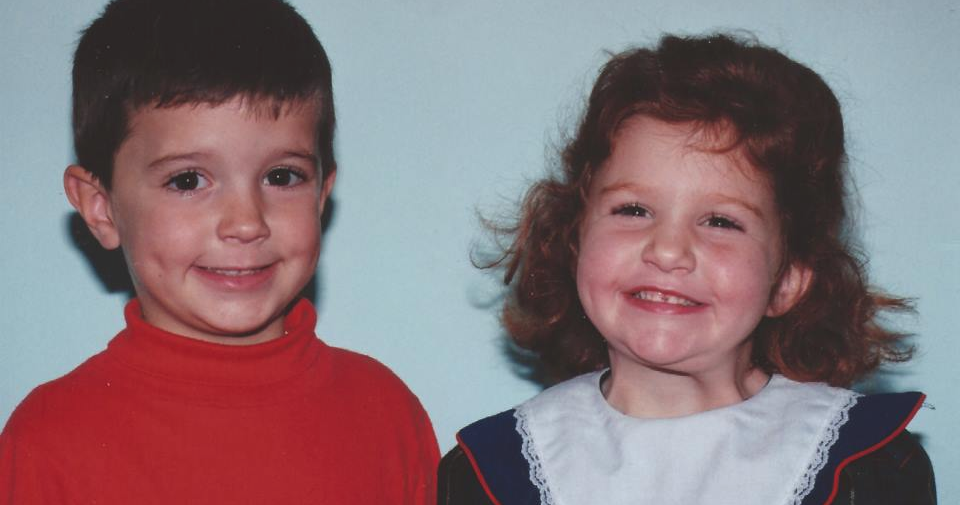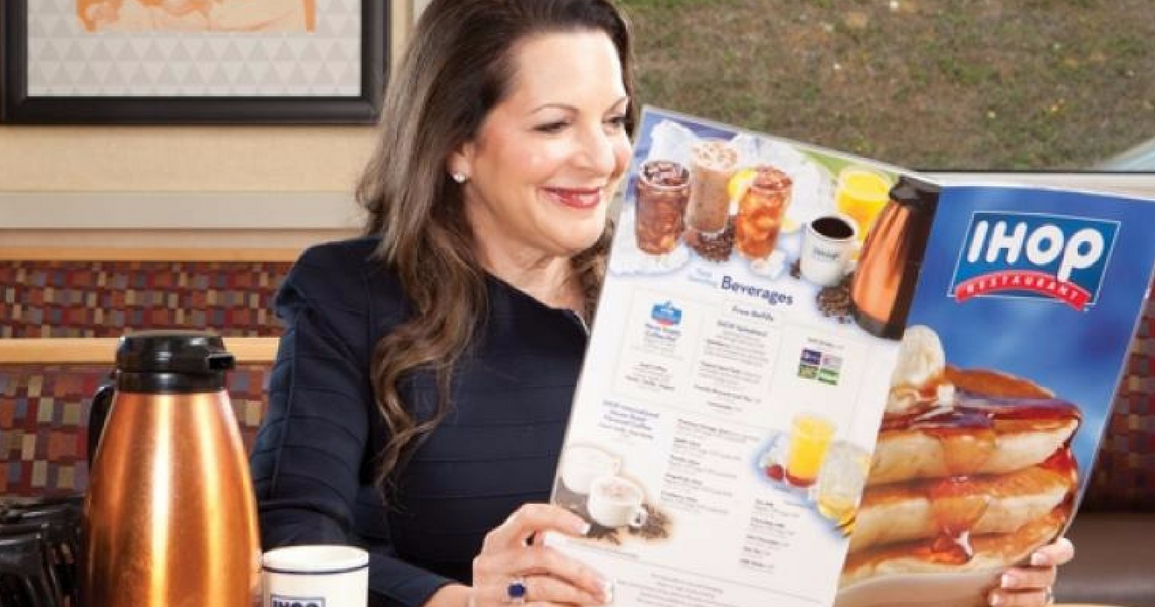There's always a stereotype that younger siblings are more rambunctious, get away with more things, and are all-around more energetic than first born kids.
Now this may be more than a stereotype after a new study conducted by researchers from MIT, University of Florida, and Northwestern University.
The researchers followed thousands of sets of brothers in Denmark and Florida. They wanted a large sample size from two drastically different cultures. In both locations, it was discovered that the second-born brother was more likely to have discipline issues in school.
"Despite large differences in environments across the two areas, we find remarkably consistent results: In families with two or more children, second-born boys are on the order of 20 to 40 percent more likely to be disciplined in school and enter the criminal justice system compared to first-born boys even when we compare siblings," the authors wrote in a paper about the study.
So why is it that second-born kids have more criminal tendencies than the first-born? Continue reading to find out!
The study addresses multiple factors that could play in to the cause of more disobedient behavior in second-born children.
The first is that younger children aren't always given the same one-on-one time their older siblings received. The doting first-time parents aren't around any more, and now it's the tired parents-of-two who are trying to juggle everything at once. Because of this, the younger kids could be acting out as a way to seek attention from Mom and Dad.
The study goes on to state that parents take less time off work for their second child, on average. So now, not only do the second kids have to compete with their siblings for attention, they also have to compete with Mom and Dad's careers.
Researchers also concluded that second children view their older siblings as role models, while first born children have their parents to look up to. This could explain the discrepancy in behavior, since first-born children have adults as their direct superior, while second children see their sibling as such.
Do you think this study has validity? Are you a second child who acts out a little more than your older sibling? Let us know!



